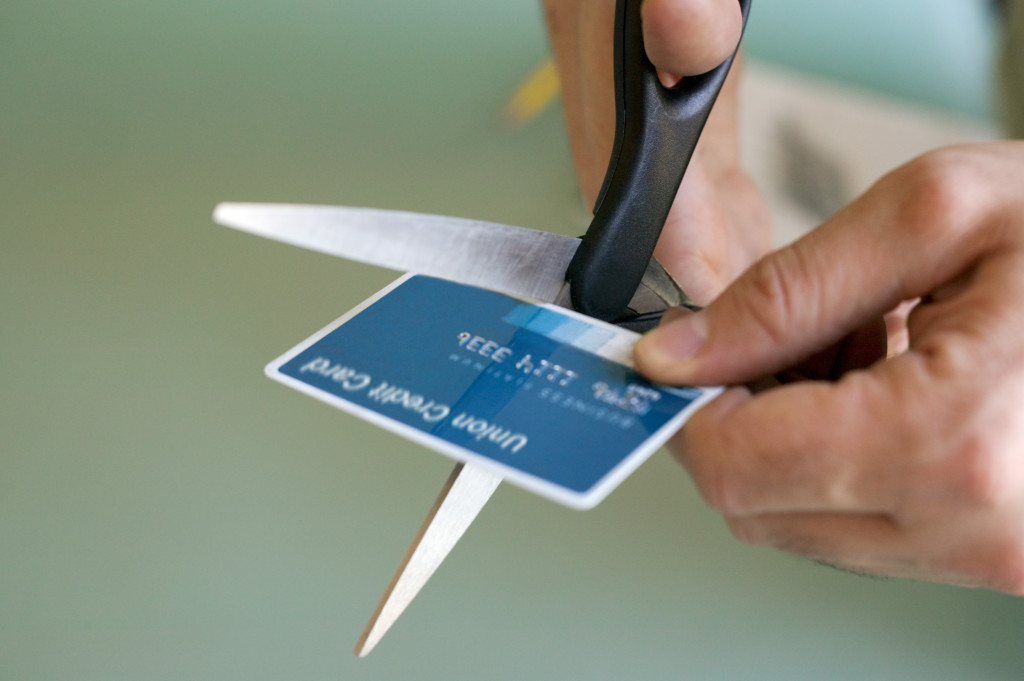You’ve heard of “good debt” and “bad debt,” but if your end goal is to be debt free, you have to have a plan to get rid of your loans. That means you’ll need to choose your priorities in how you repay your bills. Not sure whether you should pay off your mortgage before paying down your credit cards? This primer aims to help you figure out a plan.
- Pay off your credit card with the highest interest rate. Plastic typically carries the highest interest rate of any of your debt, which means it gets top priority in your repayment plan. If you can afford to spend $1,000 per month to attack your credit-card debt, make the minimum payments on the cards with the lowest interest rates and put the rest of that chunk of change toward the card with the highest. Once it’s paid off, reassess which card has the next-highest rate, and repeat the process.
- Get rid of your car loan next. Don’t pay interest on a depreciating value for any longer than you have to. Ideally, you should be able to pay off a car loan in 36 months or less. If refinancing under those terms would make your monthly payment unaffordable, consider trading the car in for something less expensive.
- Third, try to negotiate on your medical bills. If you’re uninsured or underinsured and need medical care, knowing how much procedures should cost can be a useful bargaining chip. The Healthcare Blue Book can give you an idea of what you can expect to pay out of pocket for anything from bloodwork to a hospital stay. Already stuck with a bill you can’t afford? Ask your medical provider for a discount or to waive certain fees — it works more often than you might think.
- Student loans get the next priority. Benjamin Franklin once said, “If a man empties his purse into his head, no man can take it away from him.” Unfortunately, that’s also why student loans stay with you for life, even if you declare bankruptcy. The interest you pay on qualified education debt is tax deductible under certain conditions, but it counts against you when you apply for other loans (like a mortgage). So pay it down before you try to buy a house.
- Save the mortgage for last. If you borrow $200,000 on a 30-year mortgage that carries a 4.75 percent interest rate, it adds up to $175,600 in total interest you’ll pay over three decades. But if you get a 20-year mortgage instead, you can save about a quarter of a percentage point in interest in addition to paying it off sooner, which means you’re out only $103,670 in interest over the life of the loan. While mortgage interest is tax deductible, wouldn’t you rather have nearly $72,000 in your pocket?



